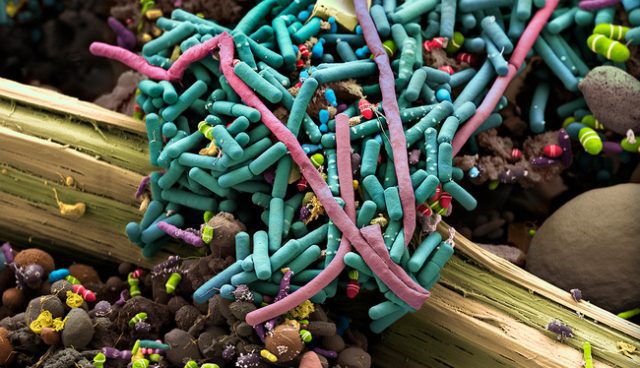
The emerging field of research into the connection between microbes, mood, and mental health is shedding light on a previously overlooked aspect of our well-being. Recent studies suggest that maintaining a healthy brain involves tending to our gut microbiome, challenging conventional wisdom that focused solely on the brain itself. Rather than relying on pills and supplements, the current consensus is that a key factor in nurturing a flourishing gut microbiome lies in consuming better food. The intricate world of microbes in our guts not only aids in digestion, nutrient absorption, and fending off harmful organisms but, intriguingly, may also influence our mood and mental health.
Neuroscientist John Cryan, based at University College Cork in Ireland, has been at the forefront of uncovering the ways in which intestinal microbes impact the brain and behavior of humans and animals.

Surprisingly, his research has indicated that the effects observed in rodents are paralleled in humans. Notably, studies have demonstrated that transplanting gut microbes from individuals with psychiatric disorders, such as depression, into rodents can induce similar symptoms in the animals. The mechanisms through which these effects occur include the influence of gut bacteria on the immune system, communication via the vagus nerve connecting the gut to the brain, and the synthesis of molecules by microbes that nerve cells utilize for communication. Acknowledging that microbes were present first and our species has evolved in their presence, researchers argue that it’s not surprising that the microbiome is implicated in numerous physiological processes. Studies have revealed that growing up in a germ-free environment significantly affects the development of the mouse brain, emphasizing the profound impact of microbial presence on neurological development. Moreover, the immune system is intricately shaped by microbial signals, with gut inflammation capable of influencing mood and manifesting symptoms akin to depression and anxiety. Recognizing the interconnectedness of the body and the brain with microbes is crucial for a comprehensive understanding of health and well-being.














